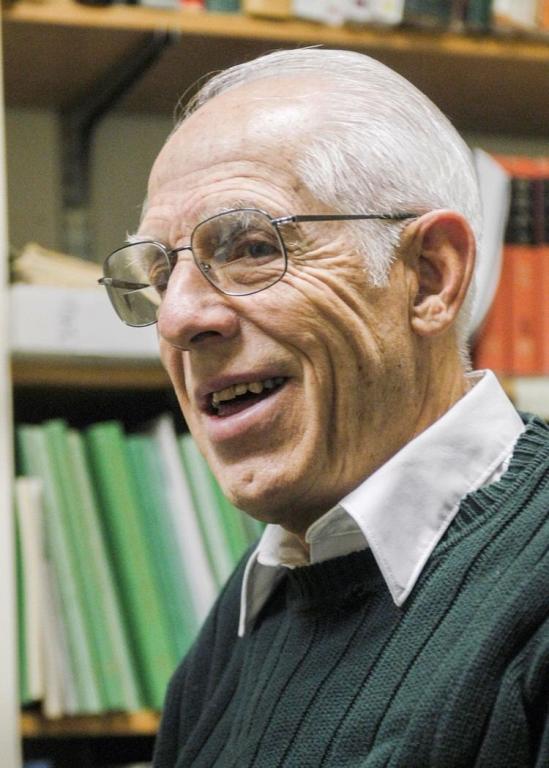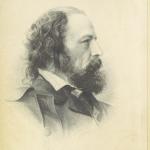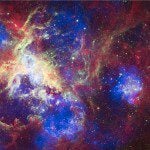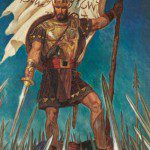
(Courtesy of the Interpreter Foundation)
Here is an interesting article by my friend Brian Hales and Michael Peterson (no relation) that was brought to my attention by another friend, Scott Gordon, the president of FAIR: “Doubt in the Digital Age: How a Perfect Storm of Random Forces Inflated the CES Letter Beyond Its Merits: What triggered the wide dissemination of the CES Letter? Examining a perfect storm of tech, naivety, and scholarly silence.”
I agree with their analysis. The “CES Letter” is a very poor piece of work. But I can testify from personal knowledge that, in the wake of the 2012 coup at the Maxwell Institute, many of us were still in stunned disarray and deeply discouraged and we weren’t in a position to mount an adequate response to the wretched thing. And we didn’t have the resources or the venues that we needed.
Matters are rather different now, although we still have miles to go before we sleep. The old FARMS is dead and gone. The Maxwell Institute has long since traveled the way that its new leadership had chosen for it. But FAIR is doing very well, and the Interpreter Foundation was established in 2012 to pick up the torch that the new Maxwell Institute leaders had tossed down. We’ve done it to the best of our ability, starting off initially with absolutely no resources, from scratch. Yet again. Book of Mormon Central, now Scripture Central, came along just slightly later.
If you want to see this work continue, and if you’re still contemplating your possible year-end charitable donations — there’s not much of the year left! — I hope that you will consider making at least a small tax-deductible gift to Interpreter, to Scripture Central, and/or to FAIR. Here is the letter that I sent out a few weeks ago to Interpreter volunteers, donors, and potential donors. If you haven’t read it, please give it a glance: https://interpreterfoundation.org/something-of-an-annual-report/.
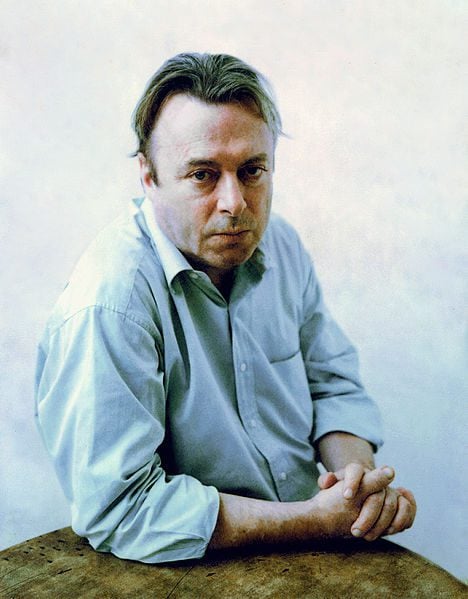
I actually miss him; he was an interesting voice and a superb writer. I hope he’s alright.
Here’s a recorded discussion that some will find interesting. It was located by a reader here who was doing a bit of exploring in the Christopher Hitchens Memorial “How Religion Poisons Everything” File™: “What If Our Democracy Can’t Survive Without Christianity?”
“The New York Times Opinion columnist David French, a lifelong evangelical, speaks to Jonathan Rauch, a senior fellow at the Brookings Institution and an atheist, about the role of Christianity in redeeming and supporting American democracy.”
On Saturday, we enjoyed a holiday-season party and meal with our longtime monthly reading group, the Gadianton Polysophical Marching and Chowder Society, which originated in Santa Barbara, California, sometime in the mid- to late 1960s. (Among the founding members there were Davis Bitton, Hal Moore, and John L. Sorenson.) It and most of its members eventually moved up to Utah. My wife and I were invited to join perhaps a year or two after I had joined the faculty at Brigham Young University. We’ve been involved with the group year in and year out now for, I think, the better part of four decades. (“Our lives passed away like as it were unto us a dream.” [Jacob 7:26])
Mortality has been taking its toll on the GPMCS. Our slowly dwindling numbers were evident at the party; many of the regulars — Drs. Sorenson, Moore, and Bitton, for example, and the couple who proposed us for membership — are no longer with us. I miss them. They have been important parts of our lives. They have been friends.
That has been on my mind. And, today, we gathered with my wife’s side of the family up in Bountiful for my father-in-law’s ninety-eighth birthday. Just a few months ago, he was living on his own in his own house. But much has changed since then. Again, I’m thinking about the passage of time and about the law of entropy. And about a song that I liked and that I often performed on guitar when I was young. I knew it in Joni Mitchell’s version. Its lyrics hit me very differently now than they did when I was in my teens:
Yesterday a child came out to wonder,
Caught a dragonfly inside a jar.
Fearful when the sky was full of thunder
And tearful at the falling of a star.And the seasons they go round and round
And the painted ponies go up and down.
We’re captive on the carousel of time
We can’t return, we can only look
Behind from where we came
And go round and round and round
In the circle game.Then the child moved ten times round the seasons,
Skated over ten clear frozen streams.
Words like “when you’re older” must appease him
And promises of someday make his dreams.And the seasons they go round and round
And the painted ponies go up and down.
We’re captive on the carousel of time.
We can’t return, we can only look
Behind from where we came
And go round and round and round
In the circle game.Sixteen springs and sixteen summers gone now.
Cartwheels turn to car wheels thru the town.
And they tell him “Take your time, it won’t be long now
Till you drag your feet to slow the circles down.”And the seasons they go round and round
And the painted ponies go up and down.
We’re captive on the carousel of time.
We can’t return, we can only look
Behind from where we came
And go round and round and round
In the circle game.So the years spin by and now the boy is twenty,
Though his dreams have lost some grandeur coming true.
There’ll be new dreams, maybe better dreams and plenty,
Before the last revolving year is through.And the seasons they go round and round
And the painted ponies go up and down.
We’re captive on the carousel of time.
We can’t return, we can only look
Behind from where we came
And go round and round and round
In the circle game,
And go round and round and round
In the circle game.


